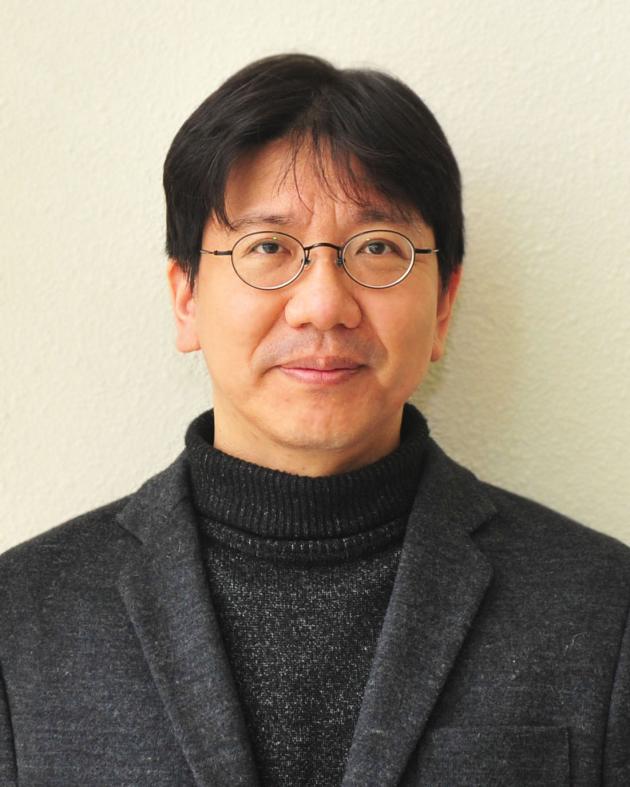Researchers from the National Cancer Center (NCC) have discovered the anticancer drug’s cell-level mechanism, which damages not just cancer cells but normal cells as well, NCC said Thursday.

That can lead to the development of anticancer therapies with reduced side effects, it added.
Chemotherapy, widely used for general cancer treatment, can make patients suffer from various side effects such as hair loss and reduction of blood cells as it kills both cancer cells and healthy cells.
Anticancer drugs are generally used for cancer treatment, but they are compounds that also can damage DNA. These compounds actively divide to affect not only cancer cells that require DNA replication but also healthy cells that are continually dividing, such as pore cells or skin (mucosal) cells, as well as normal cells that do not divide.
The team, led by Professors Lee Yong-sun and Kim In-hoo at the hospital, discovered that anticancer drugs could kill normal cells and cause side effects with the help of nc886, a non-translated RNA.
The researchers found that nc886 is the dominant driving force for cell death. Anticancer drugs reduce the expression of nc886 in a short period, resulting in the activation of a protein called RNA-dependent protein kinase (PKR). This activated PKR inhibits the production of other proteins in the cell, preventing cell proliferation and eventually killing the cells.
The mechanism of nc886 and PKR is evident not only in cancer cells but also in normal cells. When this mechanism is inhibited, healthy cells are not damaged by the anticancer drugs. Therefore, the expression of nc886 can be regulated to minimize the side effects of chemotherapy in normal cells, NCC said.
In particular, if the concentration or time of the treatment is adjusted according to the expression level of nc886, it can effectively induce the death of cancer cells without damaging the healthy cells.
“It is well known that anticancer drugs also affect normal cells with a high rate of cleavage, but this fact alone did not reduce the side effects of cancer drugs,” Professor Lee said. “The results of this study have clinical significance as it shows that by modulating the expression of nc886, it can greatly reduce the side effects of conventional chemotherapy and maximize its therapeutic effects.”
Proceedings of the National Academy of Sciences of the United States of America (PNAS) published the results of this study.

